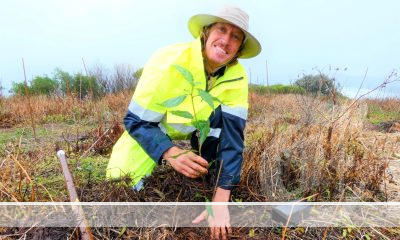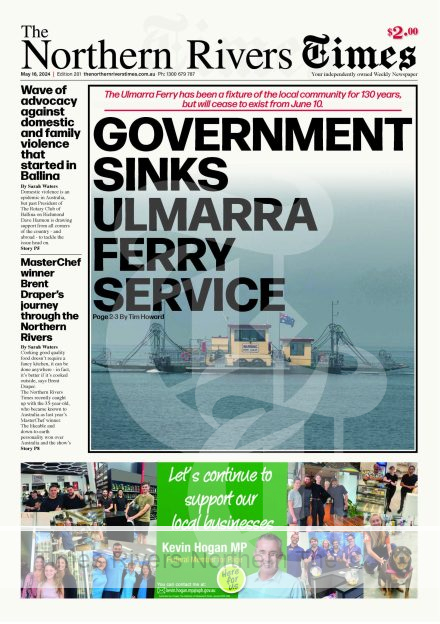Rabobank launches Australia-first rural community fund
Agribusiness banking specialist Rabobank has launched a fund to invest in the sustainability and vitality of rural communities in Australia.
The first of its type in Australia, the Rabo Community Fund is based on the international Rabo Foundation, the global agricultural banking cooperative’s social fund, which has operated for more than 45 years investing in farmers’ self-sufficiency in a range of countries around the world.
Funded by an annual contribution from Rabobank Australia & New Zealand, the Rabo Community Fund has launched with an initial $2 million, which is being invested in a range of initiatives to benefit rural and regional communities around Australia and New Zealand identified by the bank’s local Client Councils.
Advertisements

The Client Councils are groups of Rabobank’s farming client representatives, who work with the bank to address industry and community challenges in farming and agribusiness, which are linked to five key themes:
- long-term industry capacity
- environmental sustainability
- rural/urban divide
- rural health and
adaptation/disruption.
The Rabo Community Fund will invest in initiatives under these themes and may also be used to support rural communities in the event of natural disasters. The first initiatives to be funded include:
Financial Skills Workshops – a practical hands-on program to build the financial capacity of the next generation of producers and farmers, which aims to reach 5000 participants by 2025.
Are You Bogged Mate? – a ‘down to earth’ approach to raising awareness and starting conversations around rural men’s mental health and suicide, founded by Mary O’Brien.
Rabo Tertiary Pathways – a scholarship program to support undergraduate students at select tertiary institutions to further their research and interest in topics critical to the ongoing success of the agribusiness sector.
Rabobank’s head of sustainability and community engagement Marc Oostdijk said the new fund demonstrated Rabobank’s commitment – as a major banker to Australia’s food and agricultural sector – to a thriving and sustainable rural sector.
“As one of the world’s largest cooperative banks, it’s in our DNA to support rural communities and we believe there’s no better way to achieve this than by giving our clients a voice as the representatives of those local communities,” he said.
“What is really unique about the Rabo Community Fund is that we are putting the power into the hands of the local Client Council members to advise us on what initiatives should be funded to address the challenges and opportunities in their communities.”
Mr Oostdijk said the fund will work in a cooperative model where Client Councils will identify and implement the initiatives being funded, while a five-person committee formed of Rabobank staff will oversee the performance and activities of the fund.
“This fund is not intended as a grants program, but is there to address the wider challenges in agriculture at a local level, such as building industry capacity, addressing labour and skills shortages and helping rural communities transition to the future of farming.”
Dairy farmer and chair of the Riverina & Northern Victorian Client Council, Monique Bryant said the major injection of funding would help to create more resilient rural communities.
“This new fund will really increase the size and scale of projects implemented by the Client Councils, which will have a significant impact on rural communities,” Ms Bryant said.
“What it does at a local level is help give people confidence that there is a future in agriculture in their local area, and if people feel good about themselves and confident about their future prospects, then they are more likely to stay in the local area, seek local employment and invest in local economies.”
Rabobank’s Client Council network operates across Australia and New Zealand. There are seven Client Councils in Australia and four in New Zealand with each consisting of between eight to 12 Rabobank farming clients.
For more information: https://rabobank.com.au/about-rabobank/rabo-community-fund





 Tweed Shire News2 years ago
Tweed Shire News2 years ago
 Motoring News1 year ago
Motoring News1 year ago
 COVID-19 Northern Rivers News3 years ago
COVID-19 Northern Rivers News3 years ago
 COVID-19 Northern Rivers News3 years ago
COVID-19 Northern Rivers News3 years ago
 Northern Rivers Local News3 years ago
Northern Rivers Local News3 years ago
 Health News3 years ago
Health News3 years ago
 COVID-19 Northern Rivers News3 years ago
COVID-19 Northern Rivers News3 years ago
 NSW Breaking News3 years ago
NSW Breaking News3 years ago

































